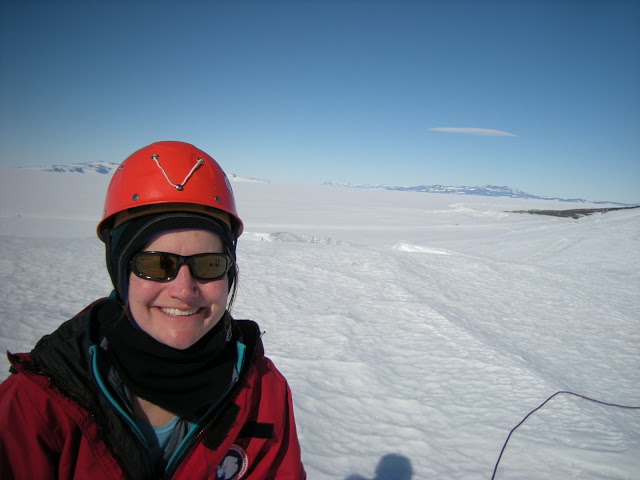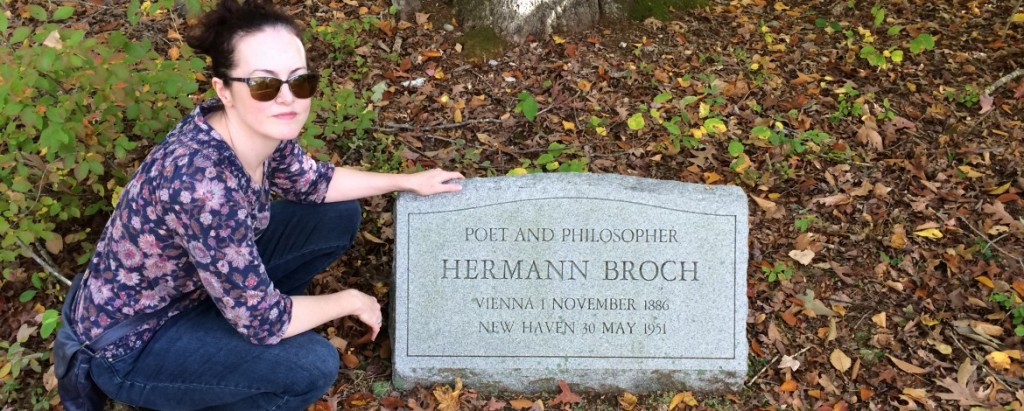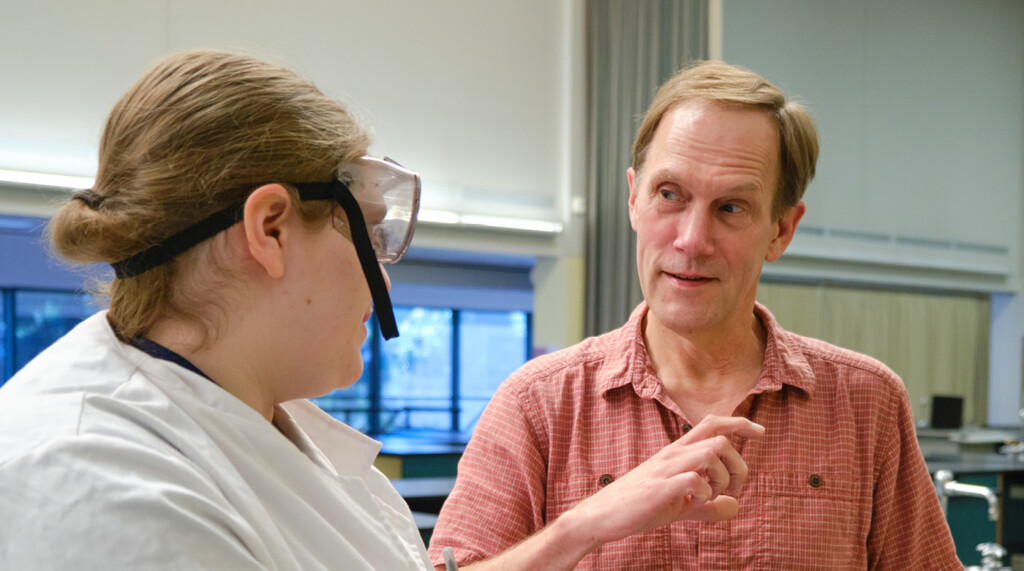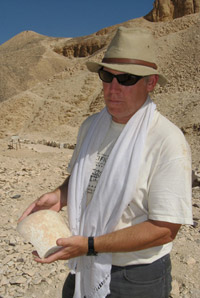Page 19 • (247 results in 0.031 seconds)
-

or indentured sugar cane plantation workers, labor organizers, and displaced and impoverished urban communities. Calypso songs and steel band music developed in this context. Overall, music played a very important part in the construction of a post-colonial identity for Trinidadians. Today Trinidad is a modern twin-island nation, an oil-producing member of OPEC, a major Caribbean tourist destination and the site of one of the world’s most influential “Carnivals.” Known as Mardi Gras in the US
-

reflects a “charging, churning celebration of modern-day America.” In addition to composing, Ms. McTee taught at PLU and the University of North Texas and retired as a Regents Professor Emerita after 27 years. For the benefit of PLU music students, Ms. McTee will share insights on leading musical lives and careers. www.cindymctee.com Alex ShapiroAlex Shapiro is known for melding live and recorded sounds with striking visual and physical elements. Ms. Shapiro composes genre-blind acoustic and
-
student choreographers include Avelon Ragoonanan, Elizabeth Maloney, Kelsey Roberts, Helen Garman and Miranda Winter. The guest choreographer is Carla Barragan. She has choreographed a modern work based on a tale from the First Nations Peoples of the Pacific Northwest, entitled Raven and The Man That Sits on the Tides. Barragan received her MA in dance education from Teachers College Columbia University in New York and her BFA in dance from SUNY Purchase in New York. In 1990, Barragan launched her
-
was not what he saw when he was flying injured soldiers and Marines out of the battlefields of Iraq to Ramstein Air Base, Germany. Hrivnak, a professional firefighter now, and a U.S. Air Force captain with 20 years of service, urged the audience to consider writing about their experiences. There is a power in the written word that details first-hand experiences, he stressed. Hrivnak said that because of political feelings about the Iraq War, residents in other countries feel that all Americans are
-

programs, Europe will host four groups of students this winter. With a German Studies class going to Germany, an Education class to Hungary, and Literature and Religion classes to Greece, students will explore all corners of the continent. In Europe, students will experience everything from student teaching in Budapest to home-stays in Berlin and weekend trips to the Greek islands of Santorini and Rhodes. North America J-Term Study Away programs don’t always mean students are leaving the country; they
-

Broch’s middle name, Joseph. According to Professor Jenkins, a leading Broch scholar had located poems published under the name K.L. Hib, but had not seen the other documents in the archive that Jenkins had found. Fortunately, the scholar had already made the connection between Broch and the pseudonym, so it was not necessary for her to prove it. In addition to Dr. Jenkins’s fellowship at Yale, she was also awarded the Suhrkamp Fellowship by the German Literary Archive in Marbach, Germany for the
-
, invigorating the learning process for you and your students. Contextualizing Location Our first example comes straight from PLU from History Professor Mike Halvorson, who created an interactive map of Ancient Egypt that overlaid modern-day Egypt for his course on Western Civilization. Students can zoom in on important locations and monuments, while still able to keep these locations rooted in a global context. Halvorson marks sites down the Nile River. Click to view larger. Bird’s eye view of the
-

limits to those charging times can be attributed to different parts of the battery, which is what makes this research exciting for students.” Now, buoyed by the NSF grant and a recent partnership with the University of Washington, Waldow’s polymer experiments are being used to create organic transistors based on polymers. While batteries store energy, transistors control the flow of and amplify electric currents. They are crucial elements of nearly all modern electronics. Waldow and his team hope to
-
had as many opportunities available to them. “Giving something back” is certainly something these students, along with many others at PLU, have in common. Giving back to other transfer students, to the congregation, to those who are less fortunate. “Each transfer student is different, but that is why they are so valuable,” Pretty said. “Every individual journey they have taken makes the PLU community that much stronger.” And clearly, we all are better for it. Read Previous Modern space Read Next
-

still compared, even 90 years later,” Ryan said. The work of Dr. Nicholas Reeves, Egyptologist at the Metropolitan Museum of Art and the world’s foremost expert on King Tut, has shed some light on the many mysteries that surround this famous royal tomb. Named king at the young age of 10, the elaborately decorated tomb of this 18th Dynasty (c.1550-1300 B.C.) ruler holds more mysteries than answers. “It’s a lot of connecting the dots,” explained Reeves. He compared the study to “trying to write modern
Do you have any feedback for us? If so, feel free to use our Feedback Form.


